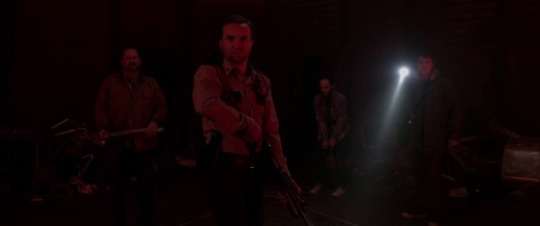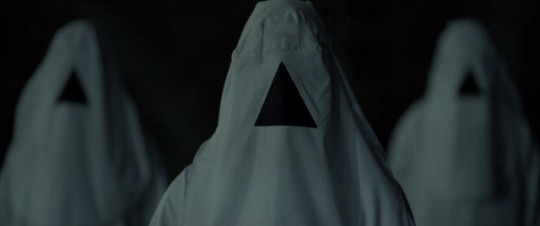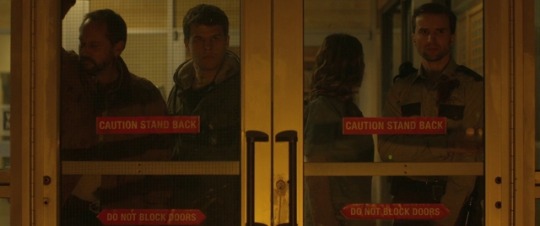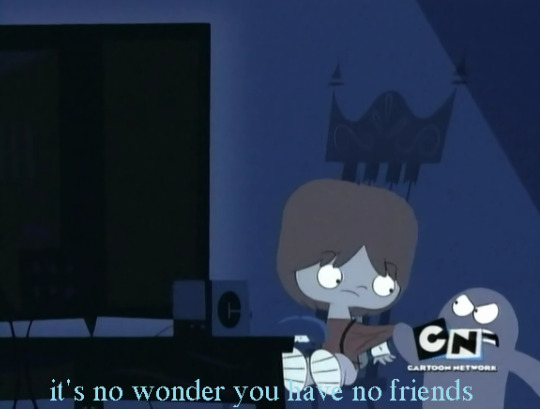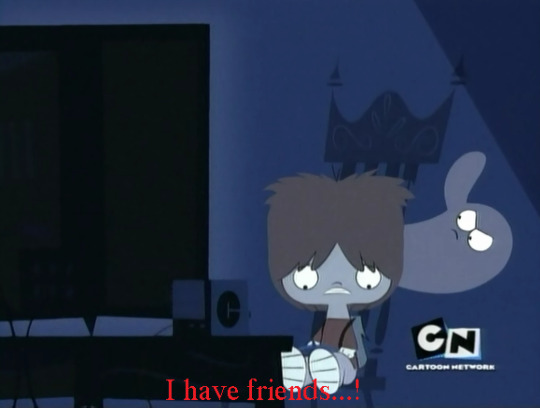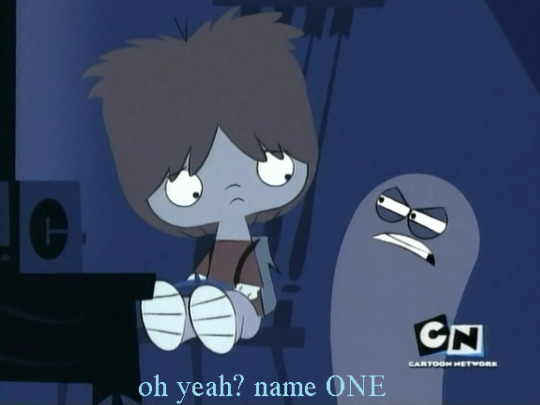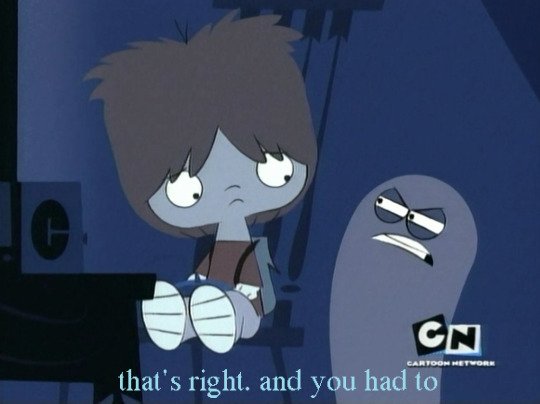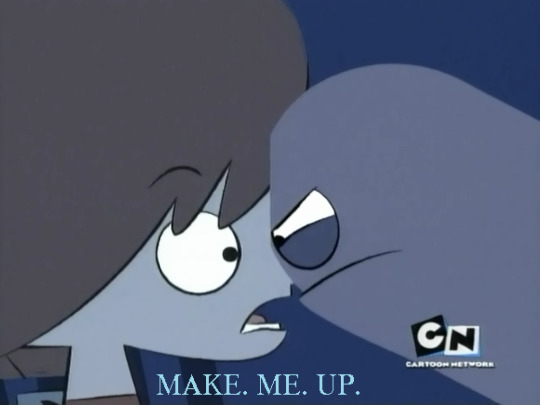Don't wanna be here? Send us removal request.
Text
Life
One thing I learned from my trip to Iceland last week is that life is way to short to try and deal with every single issue that comes your way. Sometimes you just gotta let shit be. I really love this photo I took of the homie because it clearly illustrates how we were both just completely happy at the moment and nothing in life could have taken that joy from either one of us.
On a beach full of people the only two there that mattered was us.



6 notes
·
View notes
Text

Oh, since I was young, been groovin' to my own drum
Ain't that many teachers, show me my potential
Felt like a failure, momma said you know better
Future in my hands
God, she had a plan
Stronger than I know, soon I'd understand
The power I possess, the story of the Chosen
0 notes
Text
I am grateful for one thing tho. Because of all of my struggles over the past 25 years I have learned how to be completely selfless. To be able to completely say "fuck my needs I want to take care of the next person" is nice. But it can also drain you depending on how far a person is willing to go.

0 notes
Text
I freak out really bad when I want to self harm. It didn't always used to be this way and idk how to go back to who I was a couple years ago. I often feel trapped in my own skin

0 notes
Photo









“I don’t feel I have to wipe everybody out, Tom. Just my enemies.”
3K notes
·
View notes
Text
Me, watching season one, episode one of Game Of Thrones, where Ned Stark beheaded a man for “lying” about seeing White Walkers:

183 notes
·
View notes
Text
To be alone.
I want to distance myself from everyone and everything.
0 notes
Photo





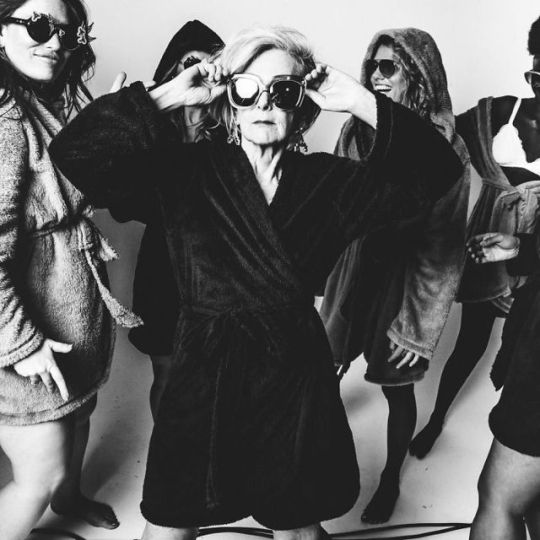




Meet 63-year-old Lyn Slater, who has, until recently, been an ordinary professor at Fordham University. One day she went to meet a friend for lunch outside the Lincoln Center during New York Fashion Week. Foreign journalists suddenly surrounded her, mistaking her for a fashion icon and attracting spectatorsIt was a defining moment that turned Lyn into an ‘Accidental Icon’. Her blog of the same name, inspired by the experience, soon began making international waves. She is now a public voice against ageism in the fashion industry and the world.
“Fashion and my style help me struggle against that invisibility that comes with age.“
She was once asked about the old notion of ‘dressing for one’s age,’ and her response was clear:
“We use language to control people’s behavior. This phrase is a way of putting older women in their place. I’m certain that if you feel comfortable in your own clothes, it’s completely irrelevant how old you are.”
244K notes
·
View notes
Text
“When did slavery end in America?”
If you ask a white teenager, you might get the answer, “Four hundred years ago.” But that’s not the answer. Four hundred years ago was 1615, when the Jamestown colony had only existed for eight years and chattel slavery was just beginning.
Others might say, “When Lincoln signed the Emancipation Proclamation, of course.” But that’s not right either. That only freed slaves in Confederate territory seized by the Union. The Union slave states—Missouri, Kentucky, Maryland, Delaware, and the then-in-formation West Virginia—were exempt and allowed to keep their slaves, along with Tennessee, which had more or less been returned to the Union, and Union-loyal areas of Louisiana (including New Orleans) and coastal Virginia. Because it was unenforceable in most of the Confederate states, only about 1-2% of slaves were freed by the Emancipation Proclamation.
“Well, then,” they might say, “it was definitely when the Thirteenth Amendment was passed.” And still, they would be wrong. While that pivotal law did free the vast majority of America’s slaves, the text of the law is this: “Neither slavery nor involuntary servitude, except as a punishment for crime whereof the party shall have been duly convicted, shall exist within the United States, or any place subject to their jurisdiction.“
So when did slavery end in America? The answer is, “Never.”
As discussed in the PBS documentary Slavery By Another Name (available in full by clicking the link), as the federal government withdrew funding and support for Reconstruction, the South began a system of leasing prisoners—allowed by law to be used as slaves—to the plantations to replace their free labor. Those affected by this system were treated even worse than those held in bondage under slavery before the Civil War, as slaves were an expensive investment—the $800 average cost of a slave in 1860 is roughly $21,000 in today’s dollars—but leased prisoners were replaced by the prison if killed and payment continued as scheduled, deincentivizing what little humane treatment was afforded slaves.
It was so profitable and in such high demand that, within ten years of its implementation, the stereotype of black people in America had changed. Prior to the Civil War, the stereotype of black people was that we were inherently docile, servile, and loyal. This only makes sense, because if we were viewed as inherently violent and thieving and criminal like we are today, why would they have trusted us with their livelihoods, their crops, and their children? (Side note: this is also where the stereotype of black people loving watermelon came from—the idea that if we were just given a cool slice of watermelon on a hot day, we would work forever). But once they were no longer allowed to own us outright and had to lease us from prisons, police and judges did everything in their power to make sure they had a robust source of free labor. Black people were arrested on false or trumped-up charges, and within ten years, the recorded arrest and conviction rate for black people had skyrocketed so much that the stereotype was entirely inverted from what it had been previously.
The prison system may have stopped leasing prisoners to plantations, but they still lease prison labor to corporations and local governments. Prisoners—primarily black, of course, because we are targeted—are forced to fight wildfires, manufacture consumer goods, and even make goat cheese for Whole Foods. Our economy was built on slave labor, and it still runs on it to a disconcerting extent. And to make that work, black and Latino neighborhoods are targeted by law enforcement and manipulated through things like school closings and schools being unfathomably underfunded to ensure an ever-growing population of prisoners, an ever-growing population of slaves.
So the next time someone asks you when slavery ended in America, tell them the truth. Tell them, “Never.”
137K notes
·
View notes
Text
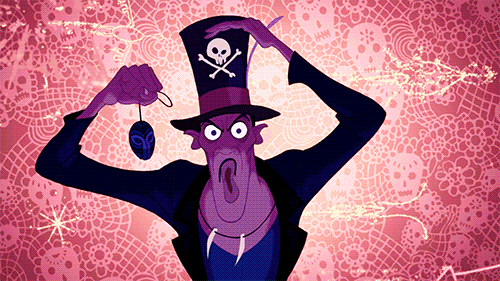
ITS.. ..ITS FROM HIS HAT!! ITS THE SKULL FROM HIS HAT. HOW DIDN’T I NOTICE THIS BEFORE OH MY GOD THIS MOVIE IS AMAZING.
230K notes
·
View notes
Text
Life is a competition
There is nothing that I can't learn that the person I look up to already knows. This means that I will probably never be good enough for my self. As I learn more and become better at what I do. I will then look up to new people and try to learn everything they know then continue that patter probably until I die. I'm basically Oroachimaru.
0 notes
Text
Happiness
Tomorrow I get my joy back and it will start a new chapter of my life. One that is finally full of hope and promise. One that will last for an eternity. :)
2 notes
·
View notes


